High School Students Built This iPhone App for the Visually Impaired
Cars That Think
DECEMBER 7, 2021
Atheia is a mobile app that makes observations about a user’s environment to improve spatial awareness and safety. In addition, the search feature directs users to objects in their environment through haptic feedback and audio instructions. “The immediate application we thought of was a visual aid for people with low or no vision.”.

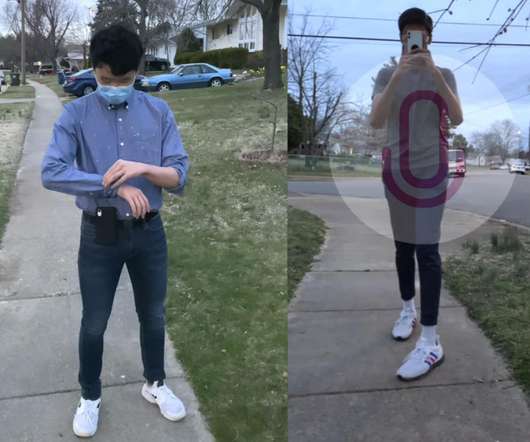
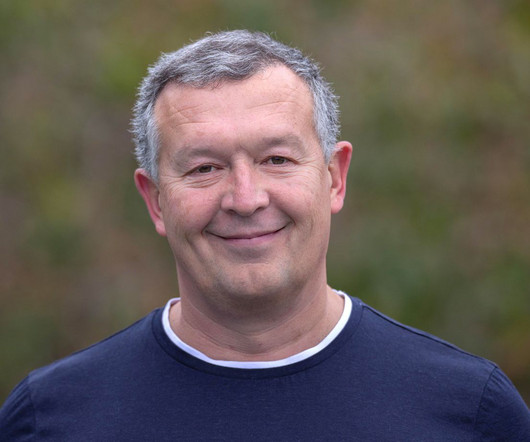
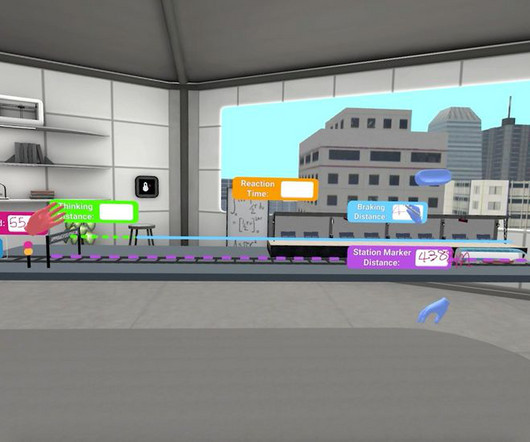
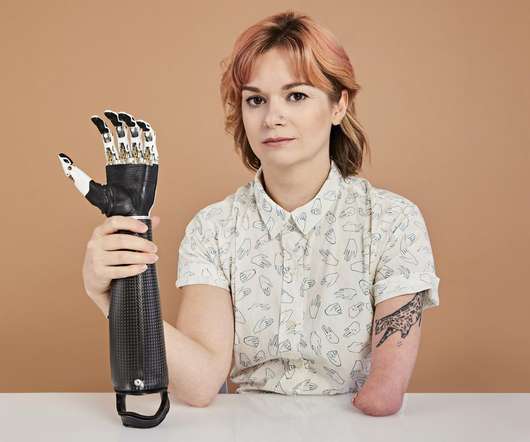
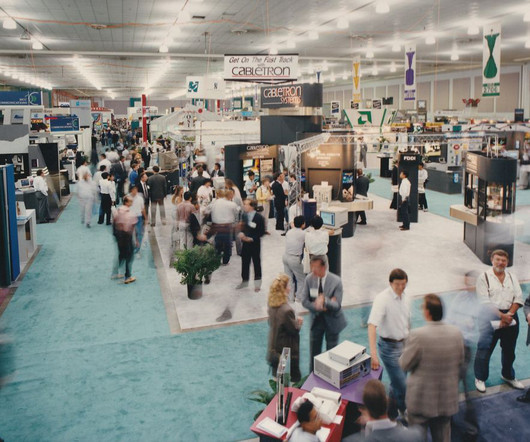






Let's personalize your content